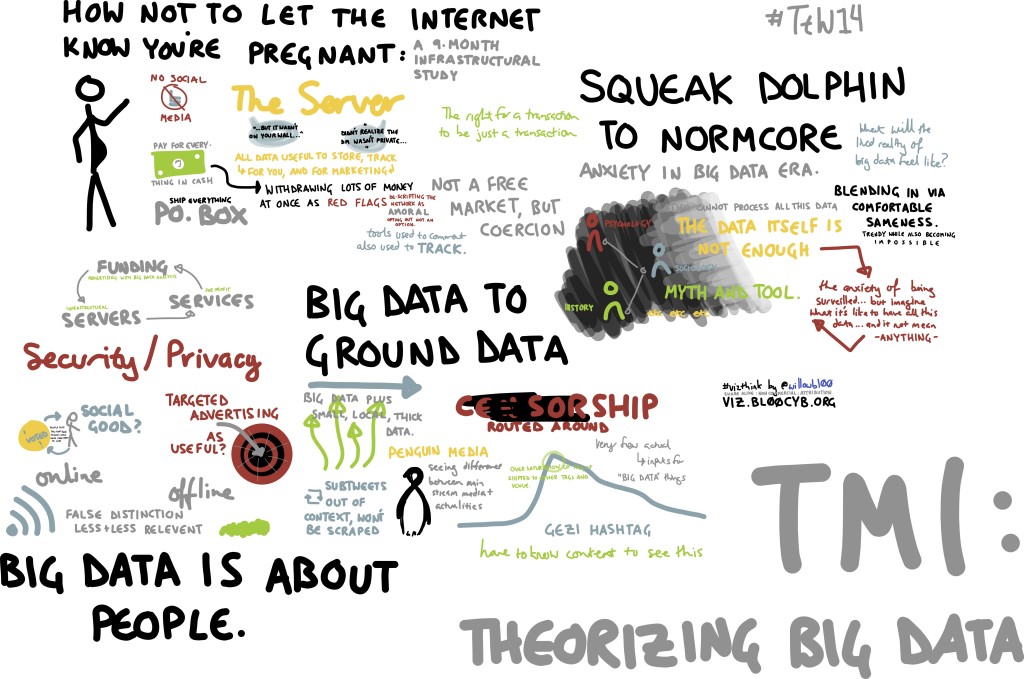What is Flexible Leadership Being flexible is the capability of readily changing (Merriam-Webster, n.d.)1. In…
Big Data: Why it matters to HR?

*Image Source: Wikimedia Commons, by Willow Brugh
The Harvard Business Review’s survey revealed that 71% of CEOs believe that the top contributing factor to sustainable economic value is the human capital.
Due to the importance of human capital, organizations are now practicing big data management and it became a trend in human resources.
Although the term was first documented in 1997 by a scientist at NASA, the term became popular 11 years later. Oxford English Dictionary defined big data as “data of a very large size, typically to the extent that its manipulation and management present significant logistical challenges.”
By looking at the definition, we could say that big data analysis opens a door for determining trends, patterns correlations and insights about the human behavior. It unveils business potential and predictions about certain HR functions like sourcing, hiring, training and other initiatives.
Here are some of the benefits of big data to human resources:
1. Insight
Big data oversight is like looking at a window. It tracks, analyzes and shares employee performance-related data across the board. This will determine the top performers and underperformers and will be the basis for promotion and bonuses.
2. Retention
Since big data can gather enough information to learn about human behavior using satisfaction surveys, assessments, social media, exit interviews, etc., the human resources can determine what drives people away and what makes them stay. Big data can predict employee attribution which is an opportunity for the HR department to establish employee engagement. Xerox, for example, was able to cut its call center attrition rate by 20% through big data analysis.
3. Training
By looking at the individual and team performance report, the HR can determine its employees‘ strengths and weaknesses. By measuring the potential and effectiveness of the training, the HR can ensure wise investment on employee training and development.
4. Quality Hires
Big data analysis provides an analytical and strategic approach in sourcing top talents. Instead of wasting time and effort in screening piles of CVs and trusting your instinct in processing hires, browsing the candidate’s online profiles in Facebook, LinkedIn, Twitter, Blogger or WordPress makes it more convenient and easier for the HR department to have a view of the candidate’s expertise, interests, opinions, and values. They will have an idea whether this candidate is suitable for the company’s values and culture.
Big Data brings innovation and leads businesses to real impact. Organizations are looking for ways to maximize the power of big data to understand better workforce decision-making. This may seem like a fad for some, but due to its impressive benefits, big data is here to stay.



